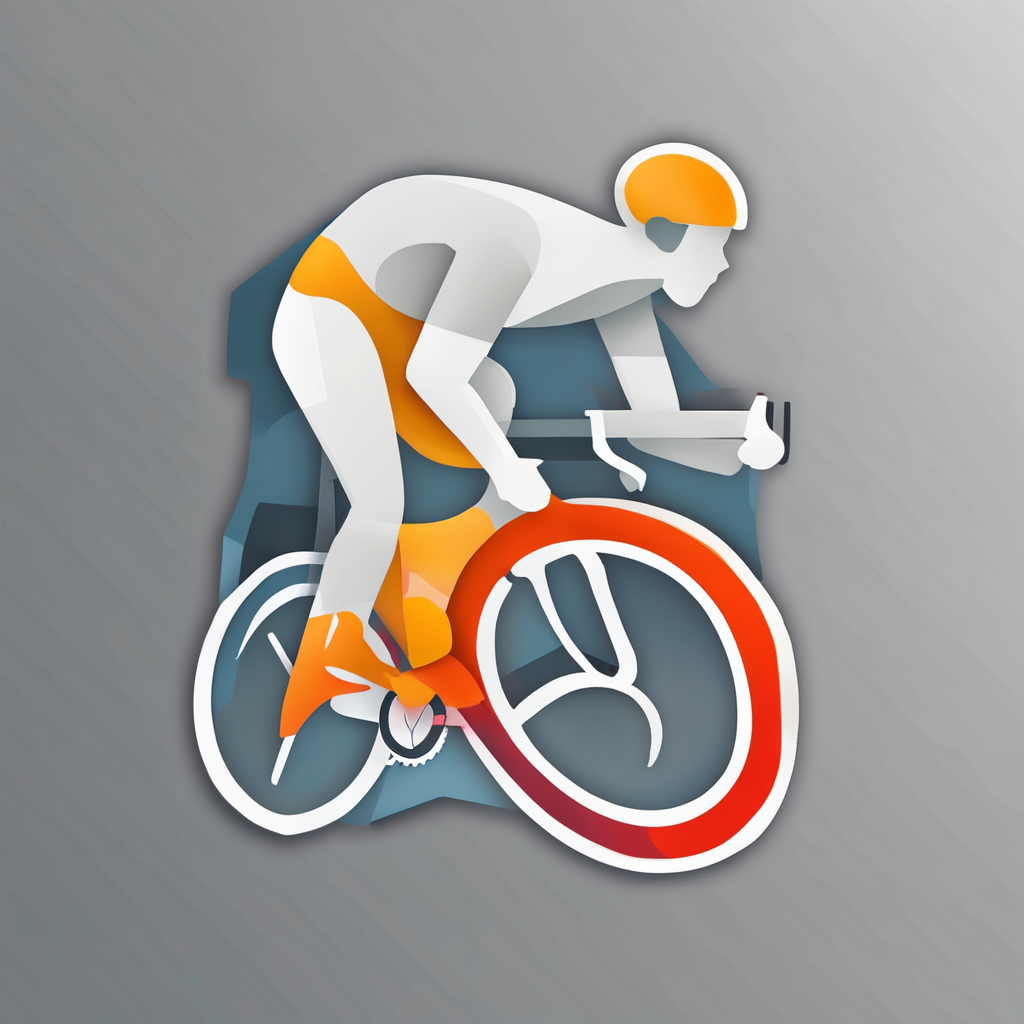Understanding Free Throw Mechanics
When striving for perfection in UK basketball free throws, understanding the fundamental mechanics is vital. One of the essential elements is maintaining a proper stance and grip. Start by aligning your feet with the free throw line, shoulder-width apart for balance. The grip should be firm yet relaxed, allowing for fluid movement in the shooting arm.
Breaking down the shooting motion reveals that a smooth, consistent motion is key. Begin with a slight knee bend, engaging the legs to generate power effortlessly. As you initiate the upward motion, ensure your shooting arm extends fully with a wrist flick to achieve the correct spin. The follow-through should end with your fingers pointed toward the basket, ensuring that the ball travels in a precise arc.
Also to read : Mastering Rebounding Techniques: Top Tips for UK Basketball Centers to Excel
Several key factors influence the success of a free throw. Achieving consistency involves repetition of well-practiced techniques under varied conditions. Similarly, evaluating and adjusting the shooting mechanics based on performance leads to noticeable improvements. By appreciating these nuanced components, players can enhance their accuracy, thus boosting their overall free throw proficiency in UK basketball.
Effective Free Throw Techniques
Shooting techniques in basketball not only focus on the basic movements but also on form improvement and achieving consistent performance. Understanding the distinction between one-handed and two-handed shooting methods can help tailor your technique. One-handed shooting grants greater control and precision, whereas the two-handed form might offer stability, especially for beginners.
Have you seen this : Mastering the Court: Key Leadership and Communication Tactics for UK Basketball Point Guards
Players aiming for accuracy often utilise the backboard to their advantage. The backboard can create favourable angles, particularly on bank shots, ensuring a better chance of scoring. Another crucial element is the wrist flick. This action generates the necessary backspin on the ball, creating a softer touch against the rim and enhancing shot accuracy. Moreover, the extension of the shooting arm is vital; it signals the full transfer of energy from body to ball.
Consistency in these techniques improves with repetition-based drills. These drills help in building muscle memory, ensuring that each shot feels instinctive rather than forced. Moreover, practising under pressure is essential. By simulating game conditions, players learn to maintain their form under stress, thus promoting self-reliance and confidence in actual game scenarios. Through these strategies, maintaining a reliable free throw becomes second nature.
Establishing a Reliable Free Throw Routine
Creating a consistent shooting routine is vital for honing free throw consistency. It involves a blend of mentally preparing and executing specific practice habits. A well-structured pre-shot routine channels focus, making the process almost automatic. It could start with dribbling a set number of times or taking a deep breath to calm nerves.
Consistency in practice schedules aids in building rhythm. Allocating regular time slots for free throw practice enhances muscle memory and refines form improvement. Structured practice not only reinforces discipline but also helps to systematically track the progress over time.
To fine-tune technique, keeping a record of performance is essential. Implement tips for tracking and analyzing shooting performance, such as noting shooting percentage and identifying trends in shot accuracy. This analysis aids in pinpointing areas needing enhancement and adjusting practice strategies accordingly.
Incorporate mental elements into practice to boost performance reliability. Engaging in imagery of successful free throws and rehearsing mental routines can elevate confidence. A reliable routine not only establishes technical precision but also acclimates players to game readiness under varied conditions, thus ensuring success when it matters most.
Common Free Throw Mistakes and How to Correct Them
In perfecting free throw techniques, recognising and addressing common shooting errors is crucial. One frequent flaw is improper alignment, leading to off-target shots. Correcting this involves repositioning feet and shoulders towards the basket. Additionally, inconsistent shooting mechanics, such as an irregular shooting arc, can impact success rates. Ensuring the ball follows a consistent arc helps to maintain precision.
An experienced coach plays a pivotal role in identifying these errors, offering personalised feedback and guidance. Their insight is invaluable in skill development, as they provide tailored correction strategies. Regular sessions can address persistent issues and promote gradual improvement in technique.
Furthermore, video analysis enhances correction efforts by allowing for detailed examination of shooting form. This method enables players to observe their mechanics, identify subtle flaws, and visually track progress over time. Reviewing recordings alongside a coach can facilitate targeted adjustments, solidifying form improvement.
Utilising these methods promotes a deeper understanding of one’s technique. By identifying errors and applying correction strategies, players can refine their free throw skills, contributing to overall consistency and self-confidence in competitive play.
Mental Strategies for Free Throw Success
Mastering free throw techniques extends beyond physical skills; mental focus plays a crucial role. Managing pressure and anxiety is essential for successful shot execution. Techniques such as deep breathing can calm nerves, maintaining focus on the task. Visualizing each free throw as a success boosts confidence, a strategy seasoned players often employ.
Positive self-talk further enhances performance psychology. Reaffirming one’s capabilities, such as repeating “I can do this,” fosters self-belief and can influence game outcomes. This self-affirmation strengthens mental resilience in high-stake scenarios.
Adopting these mental strategies contributes to better game readiness. Players learn to regulate their emotional responses and maintain concentration, even under stress. Developing a pre-shot mental routine can be beneficial. Rehearse the shot in your mind, anticipating challenges and outcomes before stepping to the line.
Integrating these mental elements into practice sessions not only improves overall shooting mechanics but also sharpens a player’s mental edge. Understanding and harnessing the power of the mind complements physical drills and leads to a superior free throw performance. For those aiming to excel in UK basketball, this mental preparedness is as vital as physical training.
Tracking Progress and Performance Statistics
Tracking progress in free throw techniques is essential for consistent improvement. It starts with regularly logging your shooting percentage. This involves counting successful throws against attempts over time, helping you identify patterns.
Analyzing Performance Trends
Understanding underlying trends in shooting performance is crucial. Compare your recent stats with earlier ones to see if changes in your form or technique have affected your success rate. Identifying these shifts can pinpoint areas needing refinement and reveal what techniques are working well.
Utilizing Apps and Tools
Leveraging technology can make performance tracking more efficient. Various apps and digital tools are designed to record stats, analyze shooting percentages, and visualize progress through graphs and charts. These resources provide insights into shooting mechanics, assisting in crafting personalized improvement strategies.
By systematically collecting and analyzing improvement metrics, you cultivate a comprehensive understanding of your skills. This method not only highlights strengths but also uncovers aspects that require attention, creating a targeted practice plan. Reliable performance tracking paves the way to informed adjustments, fostering higher accuracy and proficiency in UK basketball.
Expert Advice for UK Basketball Players
Engaging in UK basketball requires insight and coaching tips from seasoned professionals to hone one’s skills effectively. Experienced coaches emphasize the significance of a structured training regimen that incorporates core free throw techniques and tailored drills. Understanding the nuances of player development allows players to focus on specific areas needing improvement, aligning practice goals with skill enhancement.
Access to specialized UK basketball resources can greatly impact a player’s growth trajectory. Resources such as league workshops and community training centres offer invaluable learning experiences through expert-led sessions. Additionally, initiatives like these often connect players with networks of local mentors, broadening their exposure to diverse playing styles and strategies.
Community engagement is another crucial aspect of progressing in basketball, particularly within the UK. Participating in community leagues or regional basketball events fosters a supportive environment for players to challenge themselves and learn collaboratively. Engaging in these opportunities not only helps in skill refinement but also promotes teamwork and sportsmanship in competitive settings.
By utilizing these resources and engaging within the community, players in the UK basketball scene can enhance their abilities and enjoy a fulfilling developmental journey.
Resources for Further Learning
Diving deeper into free throw techniques and improving shooting mechanics can be greatly enhanced with the right resources. Exploring various video tutorials is an excellent starting point. These tutorials, often led by seasoned experts or popular basketball channels, provide step-by-step guides that dissect shooting forms and offer targeted form improvement advice. Viewing these resources allows players to visually grasp concepts and practice them at their own pace.
Recommended Video Tutorials
Engage with expert-led video content that covers topics from basic shooting drills to advanced techniques. These tutorials often highlight crucial elements such as foot placement and wrist flick, ensuring that players understand the mechanics behind each move. By observing these channels, individuals can enhance their understanding of UK basketball practices, applying learned techniques to their gameplay.
Training Aids for Skill Development
For comprehensive skill development, incorporating training aids into practice sessions is beneficial. Equipment like adjustable basketball hoops or shooting sleeves can provide the necessary support to refine your consistency and boost shooting precision. Additionally, exploring recommended books and online courses delves further into strategies tailored for UK basketball, offering insights into mastering the art of free throws.
Community and Online Forums
Connecting with a community of basketball enthusiasts via online forums can enrich your learning experience. These platforms offer opportunities to discuss performance, share tips, and foster a collaborative environment. Interacting with fellow players promotes shared learning and continuous self-improvement in achieving excellence on the court.


